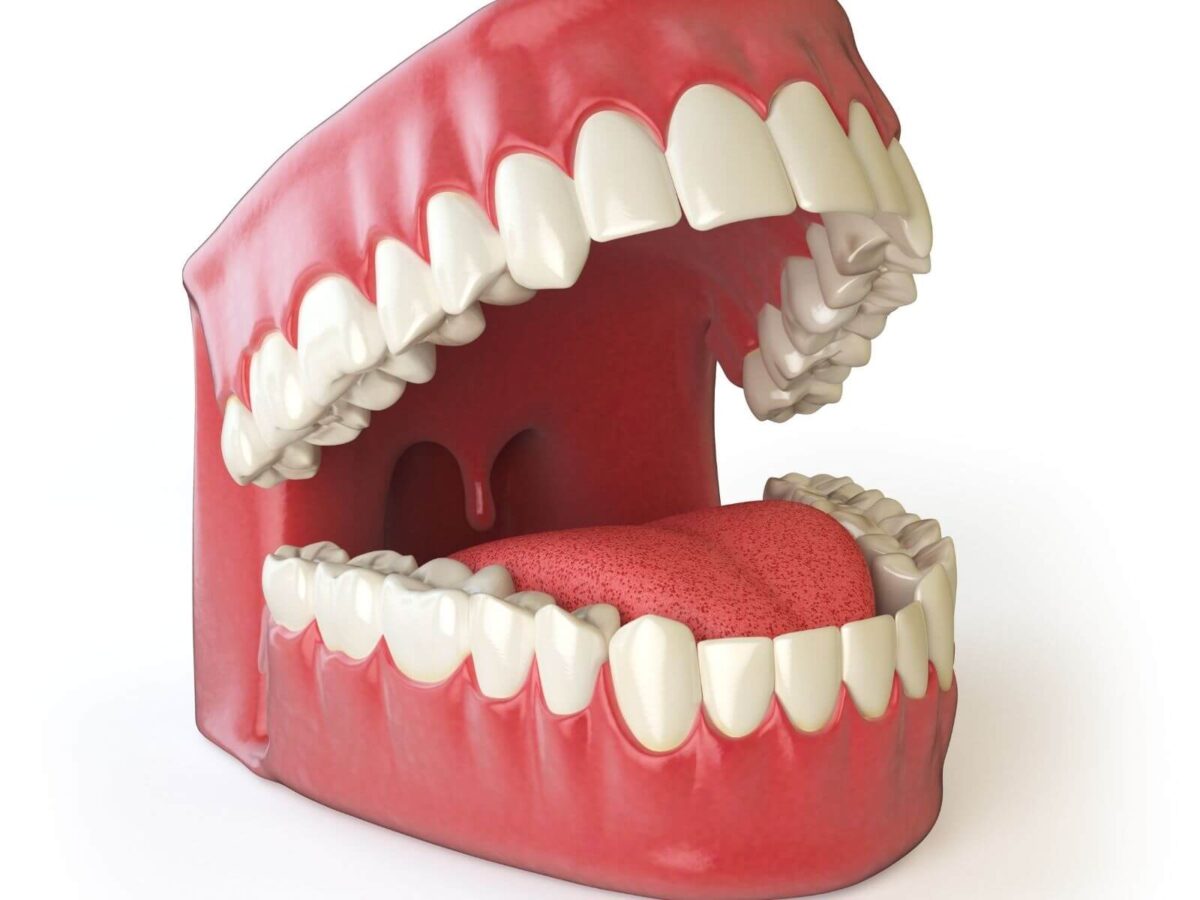Blog
Dental hygiene tips for healthy teeth & gums

When To Replace Your Dentures: Signs It’s Time For A New Set
For those who have lost all or part of their teeth, dentures help to restore appearance. Like any dental tool, though, dentures are not supposed to last forever. Over time, they may lose their fit and show wear and tear, showing signs that you need new dentures.
Understanding when to replace teeth will help prevent significant oral health problems and reduce pain. Together with the typical lifetime of your teeth, this page will review the primary signs indicating it is time to replace them. We will also discuss why you should be proactive with dental maintenance for your oral health.
How Long Do the Dentures Last?
Changes in your mouth over time, how well you care for them, and the materials used to make your dentures will all affect their lifetime. Usually, most dentures last five to ten years. However, regular wear and tear or oral anatomy changes could call for specific replacements. Particularly following tooth loss, your jawbone and the structure of your gums can change.
This natural fluctuation means that even finely crafted teeth will not fit exactly indefinitely. Consequently, even if your teeth seem good, they might not work as they once did after a few years. Let us look at the signs you need new dentures.
Key Signs You Need New Dentures
Below are the denture discomfort signs indicating that you need to replace them as soon as possible. Let’s have a look:
#1 Your dentures either fit poorly or are loose
Your gums and jawbone change over time to fit your dentures. Ill-fitting dentures can cause eating and communication difficulties, damage teeth, produce mouth sores and infections, and cause pain. Loose teeth that move during talking or chewing are also aggravating.
See your dentist to ascertain whether you require a replacement or correction. Usually, your dentist would counsel a denture reline to modify the fit. If your mouth changes significantly, consider a new set of dentures to ensure a good fit and avoid dental health problems.
#2 Visible wear and tear on dentures
Regular wear on dentures results from cleaning, speaking, and chewing. Despite their durability, dentures are imperfect. Chips, fissures, and other tooth damage may occur over time. Little cracks can grow over time and lead to easily breaking teeth.
Moreover, the surface of your teeth can deteriorate, reducing your ability to eat proper food. Visible damage, such as cracked teeth or worn-out dentures, suggests they are not operating as planned. Moreover, fractured teeth could result in unequal pressure distribution in your mouth, influencing your bite and discomfort.
See your dentist to evaluate whether your teeth indicate wear. Although some minor problems can be fixed, major damage could indicate it’s time for a complete replacement to prevent other problems and preserve the correct denture function.
#3 You find it difficult to speak or chew
Dentures help one largely restore the ability to chew food and speak properly. These could mean that your dentures are worn or unfit if you find it difficult to say words or notice that your teeth no longer let you eat the foods you like.
As you might avoid specific items, including crisp veggies or tougher meats, that are harder to eat, difficulty chewing can cause nutritional issues. Likewise, teeth moving while speaking may cause slurred or inaccurate speech, which may be unpleasant in social or commercial settings.
If you find difficulty chewing or speaking, call your dentist. He can determine whether your teeth need replacement, relining, or correction. New dentures can help you eat and speak easily and confidently again.
#4 Your dentures smell or have stains
Food, drink, and smoking can cause dentures to discolor over time. Even with regular cleaning, the discoloration can collect, and less desirable teeth can result. Stubborn stains or discoloration that worsen with cleaning could indicate that your teeth are almost at the end of their existence.
Moreover, if your dentures smell constantly even after frequent cleaning, this could mean that germs have gathered in unreachable areas. Bad breath and oral health problems, including infections, can follow.
It could be time for a new set if your dentures smell foul or show stains. Although cleaning will improve them, extensive stains or ongoing odors point to possible material degradation, and a replacement is the best way to preserve oral hygiene.
Conclusion: The Value of Frequent Visits
Frequent dental visits at Rio Bravo Dental Office NM keep your teeth healthy. These appointments allow our dentist to evaluate your teeth’s fit and function and identify any possible abnormalities before they become serious.
Our dentist thoroughly cleans your teeth at regular visits to keep them healthy. Dentures are an investment in your smile. Therefore, oral health and comfort depend on them. Know the signs you need new dentures, including looseness, wear and tear, discomfort, or discoloration, to avoid avoidable suffering and consequences.
Dentures should fit and enhance your lifestyle. If you show any of those symptoms, immediately schedule an appointment with our staff. We are here to assist you in determining whether you should change, replace, or correct anything to keep your smile looking and feeling great.


